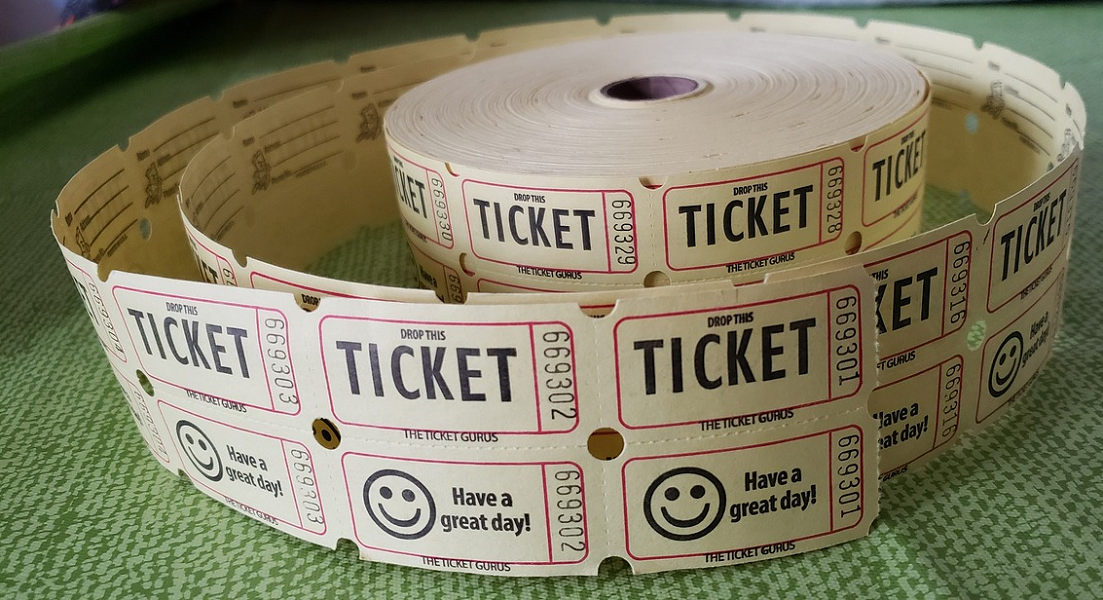A recent guest on Tucker Carlson’s show asked a fascinating question: Why don’t we have affirmative action in the NBA, or the NFL, or the NHL, or MLB, or other professional sports leagues?
The answer, of course, is that we want to see the best people performing in those leagues. If we tried affirmative action there, we would see massive protests from spectators, and probably even from people who don’t care about sports at all.
So the idea that we don’t want to see the best people performing in fields like science, engineering, medicine, law, politics, the military, and so on — all of which are more critical to society than sports could ever be — beggars the imagination. But that’s the underlying idea behind affirmative action.
However, there is a way to achieve the stated goals of affirmative action, without relying on racism.
There are two central assumptions that are used to justify affirmative action. First, certain racial groups are less likely to be prepared for certain positions: college student, medical student, military officer, and so on. Second, we would like to see people who, through no fault of their own, lack the skills or abilities needed to attain these positions, get into them anyway.
As dubious as these assumptions may be, let’s grant them.
The simplest color-blind way to react to these assumptions would be lotteries.
That is, suppose Harvard would like to have a certain percentage of students who don’t come from privileged families. It could set aside a certain number of seats in each class, let students who meet some absolute minimum requirements apply for those seats (without revealing any information about race), and then select them by lot.
If the first assumption above is actually true, we would see more students from certain racial groups winning those seats.
Note that this approach wouldn’t target particular racial groups at all, but would naturally mirror the distribution of underprivileged but deserving students by race within society as a whole. You can’t get more diverse than that.
Note also that this approach is self-correcting. That is, as a group moves out of the under-privileged category — as its members move into the middle and upper classes — it gets fewer of these seats. No one has to go back and adjust parameters, or ask admissions officers to make subjective decisions.
This isn’t rocket science. It’s just being careful about words. If you want to help under-privileged people, then what you do is identify those people, and give them a leg up, without regard to race.
What you don’t do is use race as a proxy for privilege — or anything else. Because treating people differently on the basis of race — as MLK put it, judging someone by the color of his skin, rather than by the content of his character — is the definition of racism. And trying to combat racism by engaging in it is like . . . well, like trying to combat inflation by printing more money.
